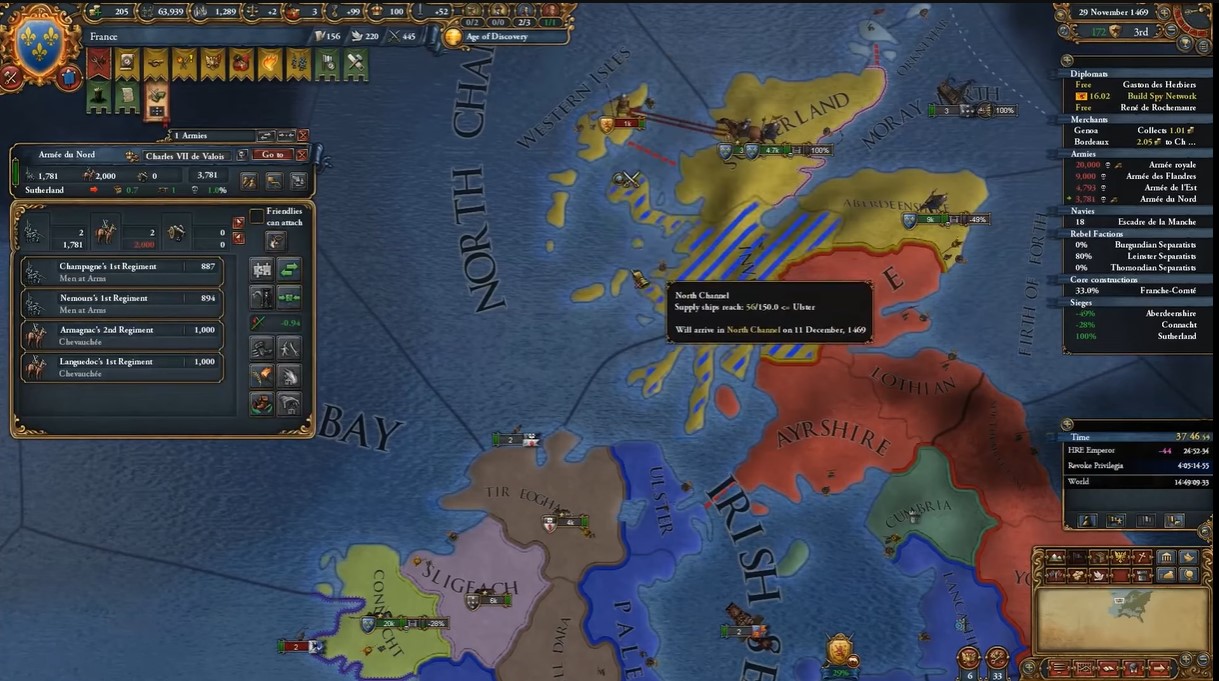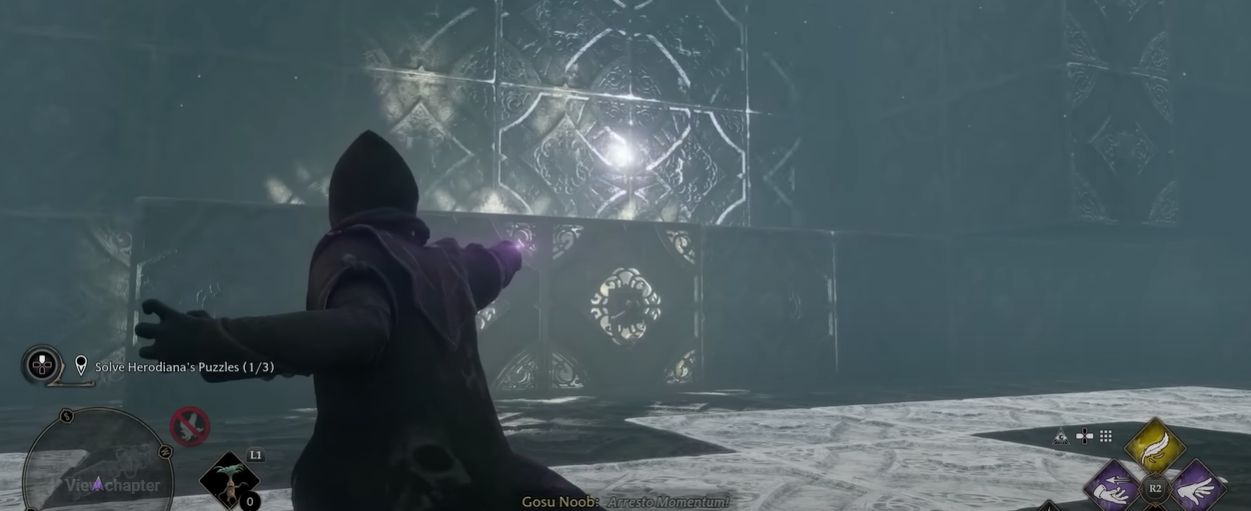Europa Universalis 4 is a grand strategy game set in the early modern period. If you’re new to grand strategy games, or if you’re just curious about what Europa Universalis 4 is all about, this post is for you!
Here, we’ll give you an overview of the game, including its mechanics and features. So, read on to learn more about Europa Universalis 4.
What is Europa Universalis 4?
Europa Universalis 4 is a grand strategy video game released in 2013 by Paradox Development Studio and published by Paradox Interactive as a sequel to Europa Universalis 3 (2007). This game was released on August 13, 2013.
In a nutshell, it is a game in which players command a nation from the late Middle Ages to the early modern period (1444 to 1821), conducting trade, administration, diplomacy, colonization, and warfare.
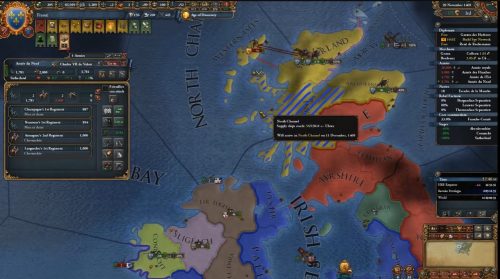
The game is an interactive map of the Earth divided into provinces that make up nations. Each of these provinces makes a positive or negative contribution to their country, as provinces can both provide resources to a nation and serve as a source of unrest and rebellion.
The game requires the player to lead a nation by balancing military, diplomacy, and the economy.
The player does so by making decisions as the sovereign of their nation and spending the resources at their disposal, which include prestige, power projection, stability, gold (ducats), manpower, legitimacy for monarchies, republican tradition for republics, devotion for theocracies, horde unity for steppe nomads, meritocracy for celestial empires, and monarch power (administrative, diplomatic, and military).
As one of over 500 different nations, players can choose to conquer the world through military might, become a colonial superpower, establish trade dominance, and so on. These nations are listed alphabetically from Aachen to Zuni.
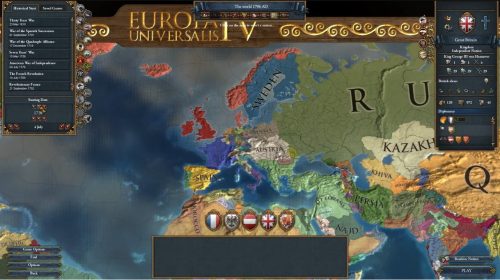
The game is a sandbox environment, and while there are no hard and fast rules for winning, the player’s game ends when his or her nation is removed, or annexed, from the map.
Diplomacy [1] is an important aspect of the game, as it is critical to a player’s survival to form alliances (or vassal states and tributaries), improve opinions, and avoid defensive coalitions.
Espionage can also be used against enemy states to claim territory or incite rebellion in their provinces, among other dubious goals.
Combat can take place on land or at sea, with the game attempting to simulate real-world factors such as morale, discipline, varying unit types with associated strengths and weaknesses, leadership competency, terrain, and supply lines.
Trade is also an important aspect of the game, with the world divided into many trade nodes, and trade flowing through each node and being collected by merchants.
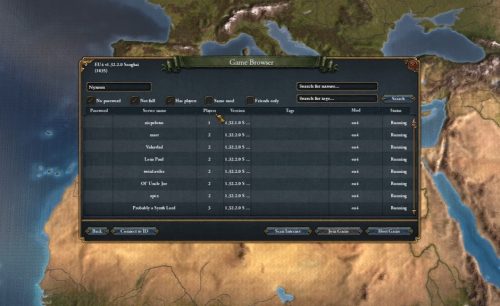
Europa Universalis 4 had sold over 300,000 copies as of February 2014. Over 900,000 games had been registered on Steam by January 2016.
Since 2016, there are over one million copies sold, with 2 million owners in February 2021.

